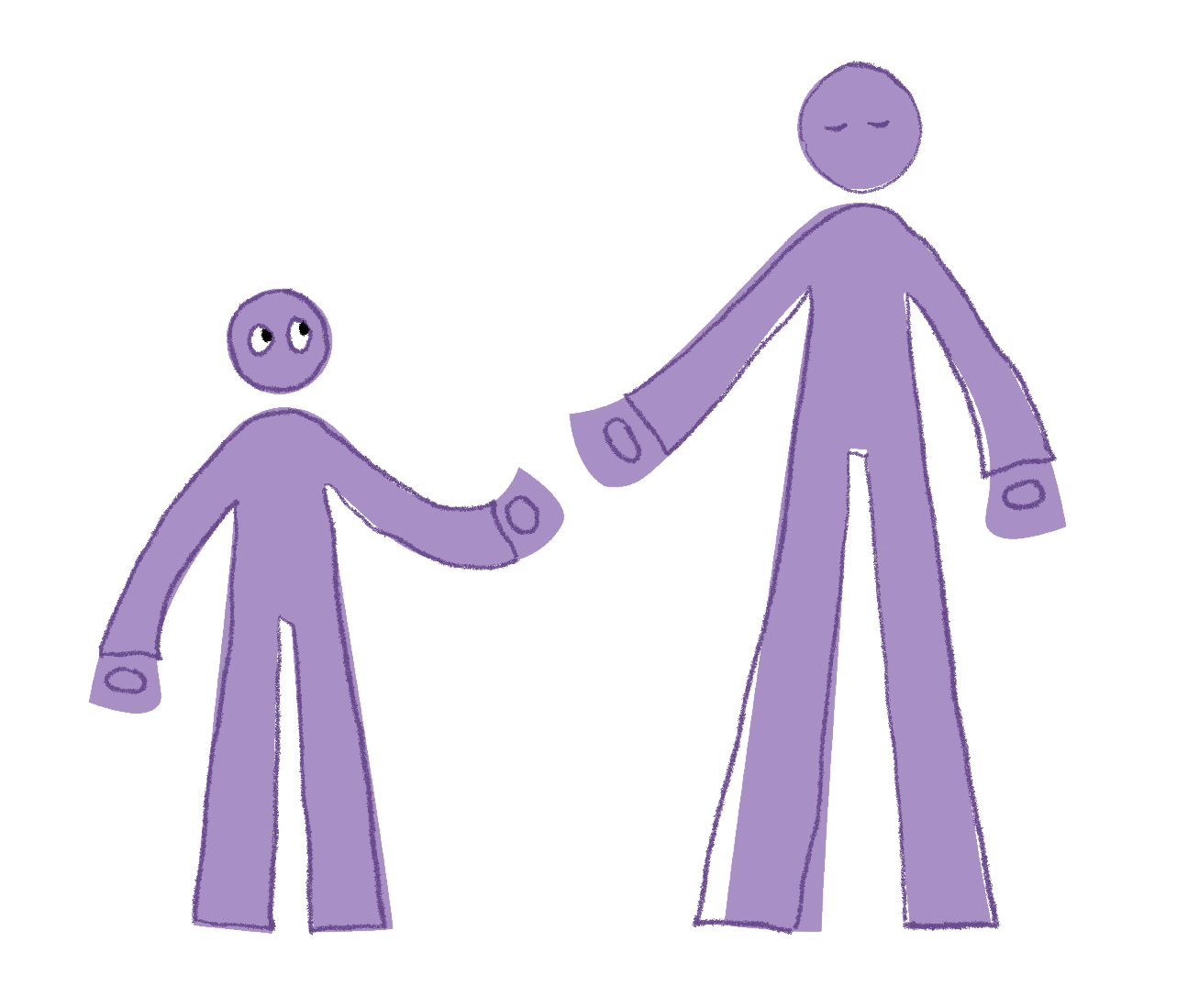People living with illnesses face challenges that are not NORMAL, but they deserve a life without stigma and judgment.
A life that is
PEDIATRICK LUPS NEPHRITISBLAHhhhhhhhhh
in children and teens is kidney inflammation caused by systemic lupus erythematosus (SLE). It's often more severe in children and adolescents than in adults.
Possible Symptoms:
swelling, high blood pressure, fatigue, foamy or bloody urine.
Diagnosis involves urine and blood tests, and sometimes a kidney biopsy.
Treatment focuses on immunosuppressants to reduce inflammation and preserve kidney function.
BLAAAAAAAAAAAAA
DIATRIK LUPHhhhhhhhhh
among children and adolescents is common but frequently unrecognized. Because the risk of school failure and suicide is quite high, close collaboration with a mental health professional is often necessary.
Possible Symptoms:
emotional and mood changes, physical and behavioral changes. Also, cognitive and other symptoms.
Diagnosis:
if you notice several of these symptoms for two or more consecutive weeks, it's important to talk to a health care provider, such as a pediatrician or mental health specialist, for an evaluation.
Treatment could include psychotherapy (talk therapy), medications, life style adustments and family support. Maintaining an open and safe environment for the child to feel comfortable discussing their feelings and engaging with their clinician.
Emotional & Mood Changes
Persistent sadness or irritability: Feeling down, unhappy, or grumpy most of the time.
Loss of interest: Not enjoying activities or hobbies that were once fun (anhedonia).
Feelings of worthlessness or guilt: Excessive self-criticism or feeling useless.
Hopelessness: An overwhelming sense that life and the future are bleak.
Extreme sensitivity: Being overly sensitive to rejection or failure.
Mood swings: Significant emotional fluctuations.
Behavioral Changes
Physical Changes
Changes in sleep: Sleeping much more or less than usual.
Changes in appetite: Eating more or less than usual, which can lead to changes in weight.
Fatigue and low energy: Feeling tired or having less energy.
Physical complaints: Frequent headaches, stomachaches, or other unexplained aches and pains.
Behavioral Changes
Social withdrawal: Spending less time with friends or family.
Decline in school performance: Lower grades or lack of motivation.
Increased anger or aggression: More frequent or intense tantrums or temper outbursts.
"Acting out" behavior: Disruptiveness or oppositional behaviors.
Cognitive & Other Symptoms
Difficulty concentrating: Trouble paying attention, thinking clearly, or making decisions.
Thoughts of death or suicide: Recurrent thoughts about death, dying, or suicide or plans to harm oneself.








